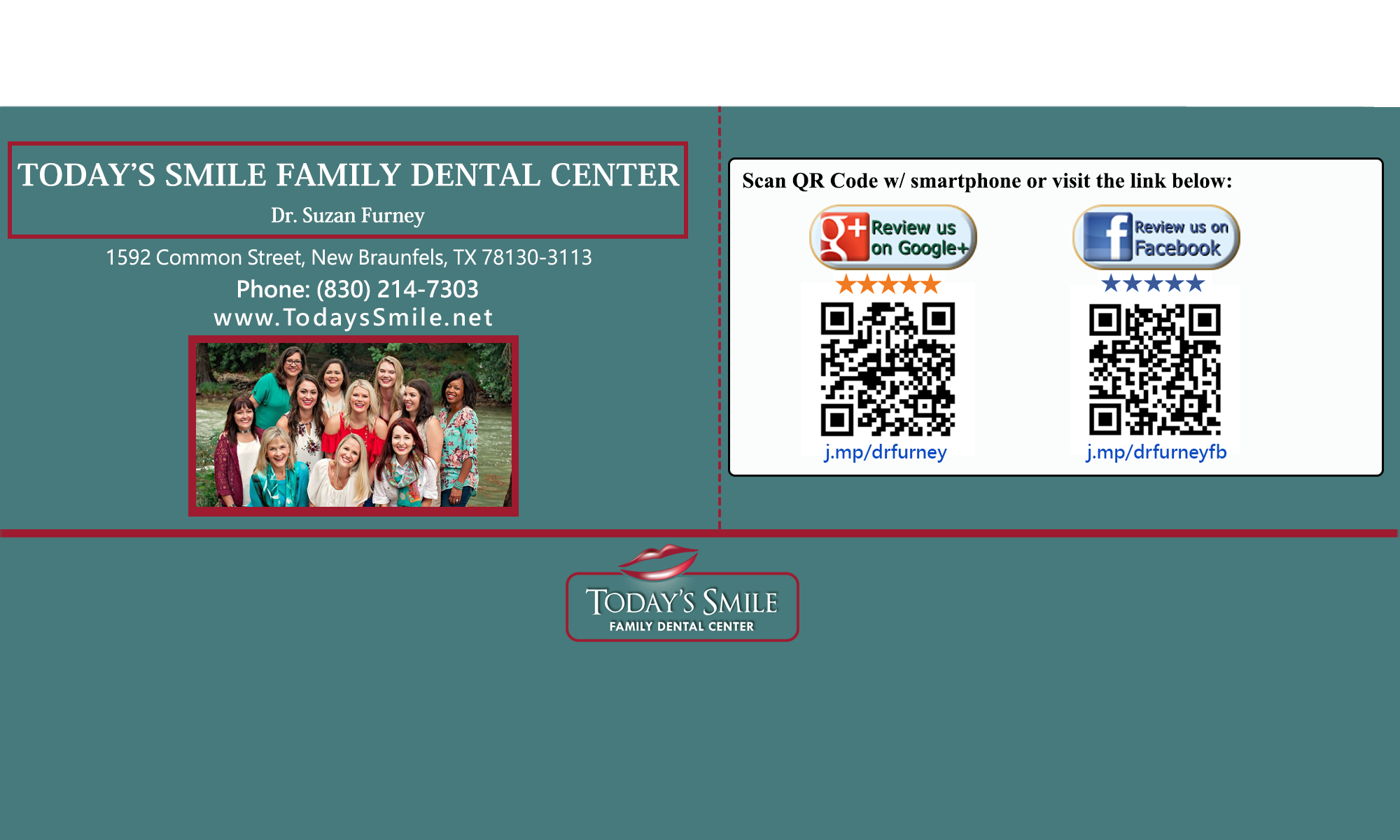Some women worry about whether its safe to have an X-ray exam while they are pregnant.
This can cause them to put off treatment they need.
However, untreated dental infections can pose a risk to the fetus, and dental treatment may be necessary to maintain the health of the mother and child. Sometimes this will mean an X-ray is necessary.
Radiation from dental X-rays is extremely low but every precaution is taken to minimize radiation exposure.
For example, a leaded apron reduces exposure to the abdomen and should be used when a dental radiograph is taken.
In addition, a leaded thyroid collar can protect the thyroid from radiation, and should be used whenever possible. The use of a leaded thyroid collar is strongly recommended for women of childbearing age, pregnant women and children.
Overall there is no reason to avoid dental radiographs (X-rays) while pregnant, breastfeeding or trying to become pregnant.
Follow your dentists advice and ask questions if you have any concerns.
